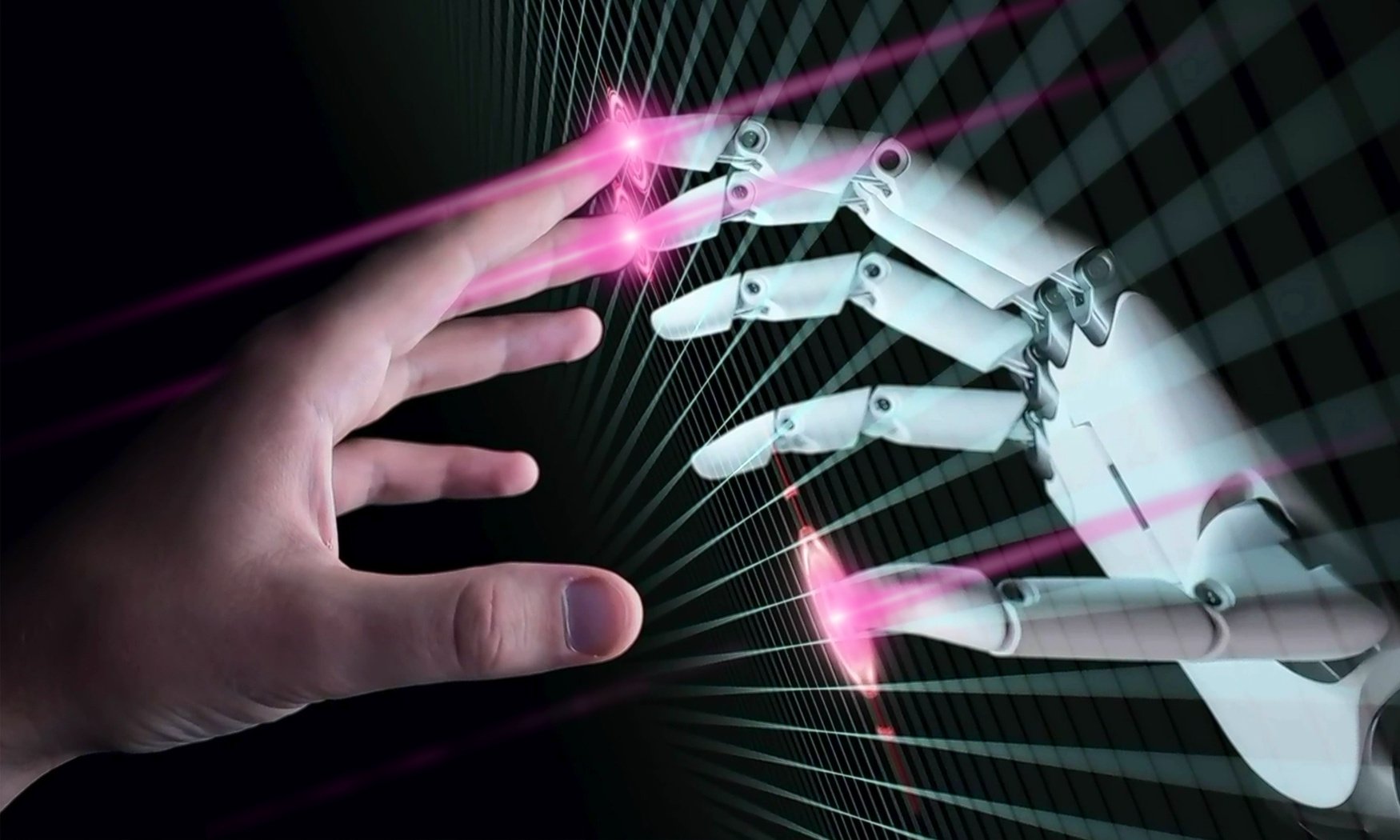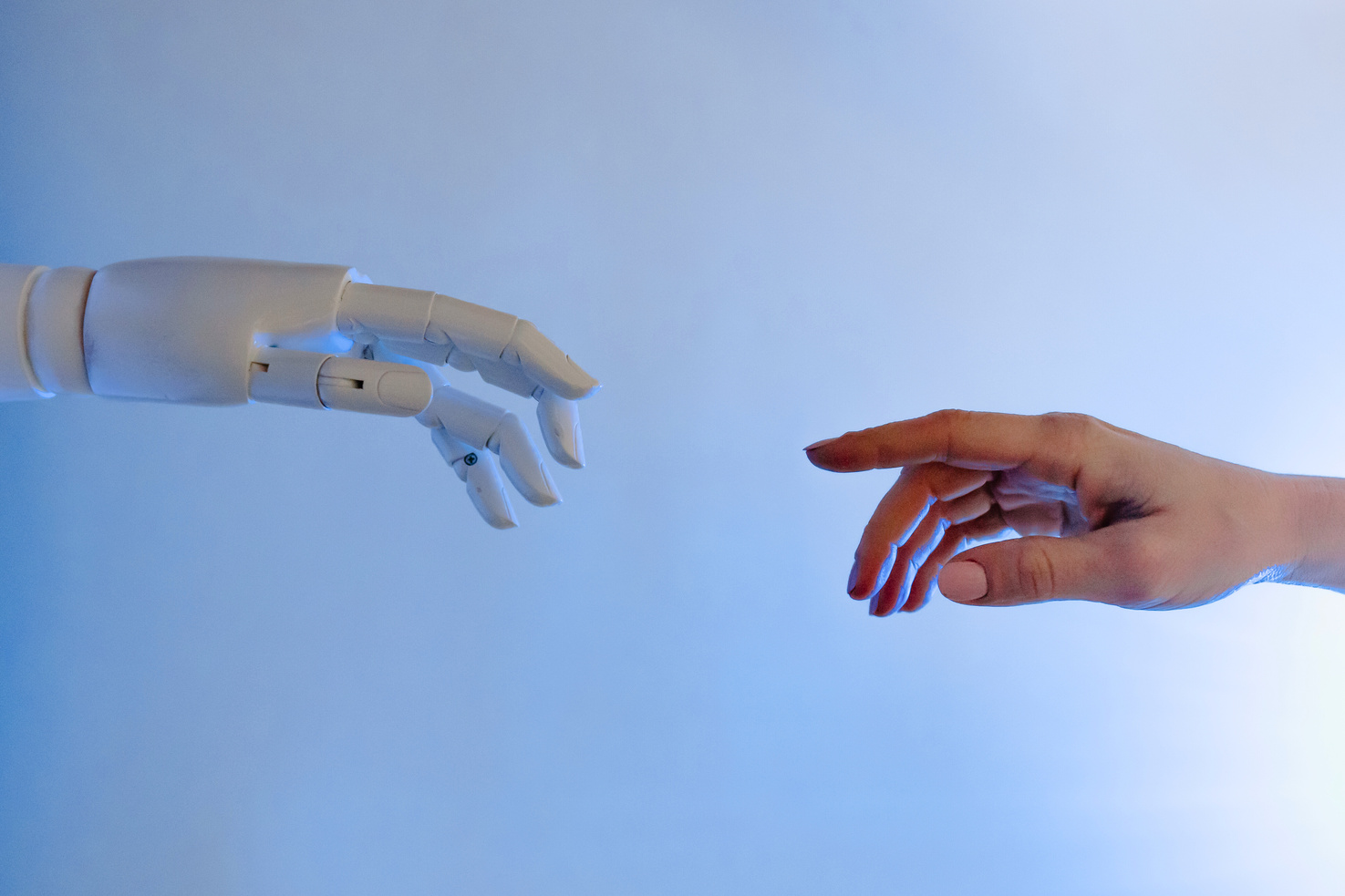
In the world of journalism, AI can process a lot of data in the blink of an eye, find connections, and assist journalists in uncovering hidden truths.
So, how can journalists and readers alike
expect to
benefit?

Rapid
reporting
Some AI programs can create content for regular reports, like financial overviews or sports summaries, by using data. This makes writing these reports much faster.
Personalizing
the press
AI's ability to offer personalized news feeds is transforming the way people consume information, by delivering content tailored to individual readers based on their interests, behaviors, and past interactions. This personalization is achieved through complex algorithms that analyze user data such as browsing history, click patterns, social media interactions, and even location.

All
news?
While AI offers groundbreaking advancements, it's not without potential drawbacks. From ethical dilemmas to algorithmic biases and loss of human insight, the integration of AI into journalism presents new challenges.
good
01
02
03
04
Loss of human insight:
AI lacks the understanding and empathy that human journalists bring to their work. It might not capture
cultural subtleties or historical contexts in the same way a human can.
Potential bias:
AI models are trained on data that may contain biases. If these biases aren't identified and corrected, the algorithms might perpetuate or even exacerbate those biases.
Misinformation and deepfakes:
AI can be used to create highly convincing deepfakes, or altered videos, that make it appear as though individuals are saying or doing things they never did.
A filtered world:
AI can show people more of what they already believe, making them think everyone thinks the same way.

What's the
source
?
AI relies on a lot of data – millions (sometimes billions) of data sources. These sources usually come from things people write online. But there's a catch: People might not know their actions are being used this way. This leads to a big question: Is it OK that the people creating the data don't get much say in how it's used for AI? This is an important concern about fairness and privacy that we need to think about as
AI keeps growing.
Class discussion
What should
schools
and colleges do to get students ready for a future where they will be surrounded by a
world full of
AI
?



word
A to
the wise...
As you progress with your studies, you'll find
AI tools waving at you, offering a helping hand. And who wouldn't want a bit of help, right?
BUT, while AI can be an amazing partner for learning, it's not a substitute for your hard work. Think of it like a study buddy, not a cheat sheet.
Class discussion
AI in education: Where's the
line
?
01
02
03
Simple AI Tools:
Research & Data Analysis:
Full Projects:
Where do grammar and spell checks fit?
Example: Using Grammarly or MS Word spell check. Is getting help on structuring content or essay improvements a breach?
Is leveraging AI for complex calculations and data patterns acceptable?
Example: AI-assisted data tools for a statistics project.
Where do we stand on AI-generated projects or essays?
Example: Submitting an essay written entirely by GPT-4.
not cheating
cheating
not cheating
cheating
not cheating
cheating
School policies on AI use vary. Always check your institution's guidelines.
Your professors and teachers have their eyes wide open, and they have access to software that can tell if you're using AI in ways you shouldn't. But more than that, cutting corners with AI might rob you of the chance
to truly learn and grow.
If you
AI, remember,
it's your effort that will help you acquire the skills you'll need in your studies.
embrace

We hope
you
the lesson!
enjoyed
In our upcoming lesson on technology, we'll delve into augmented reality (AR)
and virtual reality (VR).
We'll explore whether these innovations are
mere passing trends or genuinely transformative technologies with the potential to address
big challenges.